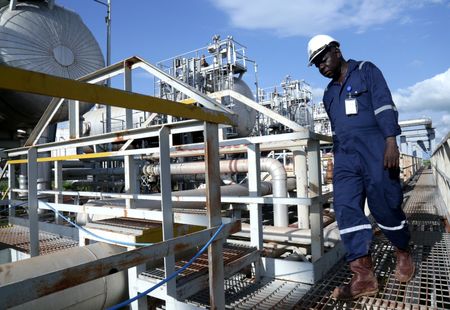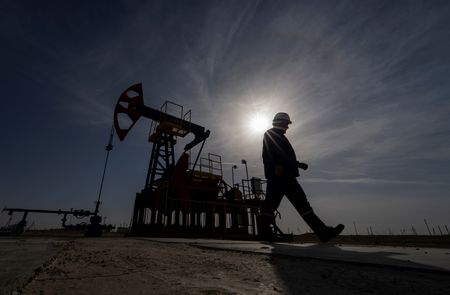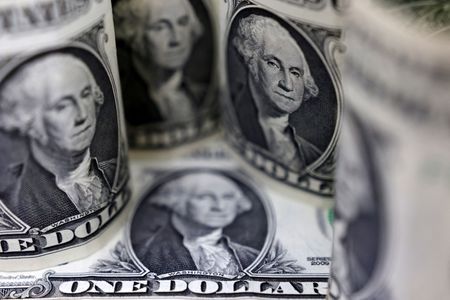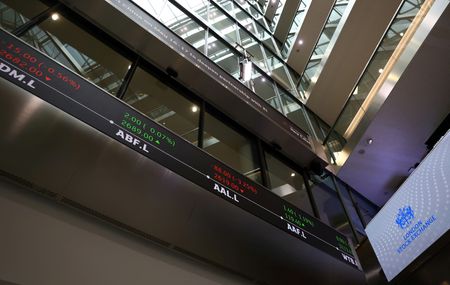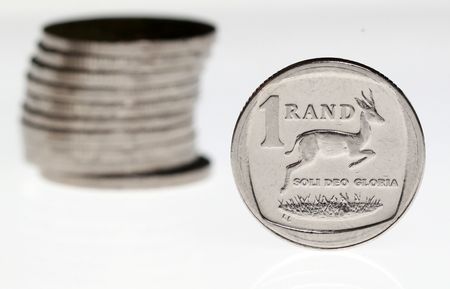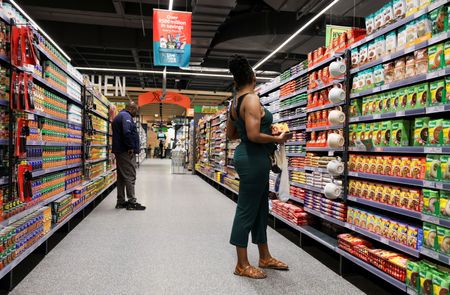By Vuyani Ndaba
JOHANNESBURG (Reuters) – South Africa’s economy is expected to grow 2.0% this year, slightly faster than forecast a month ago after a better-than-expected performance in the first quarter, a Reuters poll found on Thursday.
Gross domestic product (GDP) growth in Africa’s second-biggest economy has now recovered to where it was before the COVID-19 pandemic and inflation was last reported just under 6%, leaving the South African Reserve Bank on track to raise rates another 75 basis points by end-September to 5.50%.
“2022 is on track for a stronger outcome than anticipated, with the 1.8% growth rate forecast at the start of this year potentially too weak,” said Investec economist Annabel Bishop.
“Although April’s flood damage to economic capacity, higher interest rates and slowing global growth will provide some limitations,” said Bishop.
Electricity shortages are also a major impediment to any further acceleration in growth, which has been led in part by the manufacturing sector.
South Africa’s business confidence fell in the second quarter as the temporary closure of a Toyota assembly plant hit sentiment in the manufacturing and auto sectors.
The economy grew 1.9% in the first three months from the previous quarter, in seasonally adjusted and non-annualised terms, data from the statistics agency showed on Tuesday, well ahead of a Reuters poll forecast for 1.2%.
GDP grew 3.0% year-on-year unadjusted in the first three months.
Still, Africa economist Virág Fórizs at Capital Economics said the economy is unlikely to sustain such a strong performance over the rest of this year. The second quarter is shaping up to be much weaker than the first.
Inflation is expected to slow to a median 4.7% next year from 6.0% this year. South Africa’s Reserve Bank tries to keep inflation within a 3%-6% range. It was last reported at 5.9%.
The weaker rand is amplifying the impact of higher commodity prices on imported costs and, ultimately, local inflation, PWC economists wrote in a note.
Import costs increased notably during March. For example, the cost of fats and oils – a category including sunflower products, a key export from Ukraine – increased by 9.4% month-on-month, PWC noted.
While the transmission of these higher prices from portside to shop shelf will take some time, the impact from fuel prices is already visible in transport costs.
The International Monetary Fund said on Tuesday at the end of a visit to South Africa that its staff were increasingly concerned about the country’s economic growth outlook and the implications for employment, poverty and inequality.
The poll expects the SARB to hike interest rates by a total of 75 basis points to 5.50% over the coming July and September meetings.
Capital Economics says strong first-quarter GDP will allow policymakers to keep their focus on taming inflation.
“We expect the tightening cycle to continue with another 50bp hike before reverting to 25bp rate increases, taking the benchmark rate to 5.75% by year-end,” they wrote.
South Africa’s central bank last month hiked rates by 50 basis points to 4.75%, the largest amount in more than six years as it stepped up efforts to fight inflation.
(Reporting by Vuyani Ndaba; Editing by Bernadette Baum)


